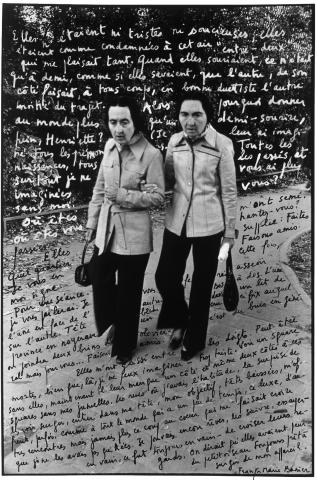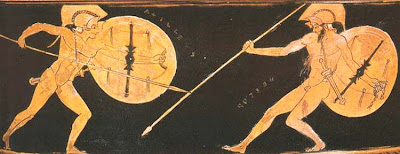Is a difficult truth beautifully expressed made less difficult? Or, hearing it expressed beautifully, can we begin to accept it as the truth that it is?
Thay says, "No mud, no lotus," with a beauty that makes us smile.
William Blake says, with a beauty that makes us sigh:
It is right it should be so:
Man was made for Joy & Woe;
And when this we rightly know
Thro' the World we safely go.
Joy & Woe are woven fine,
A Clothing for the Soul divine;
Under every grief & pine
Runs a joy with silken twine.
(from "Auguries of Innocence")
I attended a retreat last Saturday with Sharon Salzberg and
Cheri Maples. Cheri is a dharma teacher in Thay's tradition. One thing she talked about was how we all have our suffering; no one goes through life without experiencing suffering. Which is hard enough; then, on top of it, we are unhappy with the suffering we get. "We got the chicken shit, when we'd rather have the pig shit. Or the cow shit." Later, as a kind of gesture of compassion, she asked someone, "What kind did you get, the goat shit or the chicken shit? Mine's the goat shit." We all laughed. It was a way of saying, "Darling, I care about this suffering." Except that it came out sounding like, "Darling, I care about this shit." In the laughter was the silken twine, binding us together.
But about William Blake. There is so much more to him than "
The Tyger." There is so much more to "The Tyger" than what is usually assumed when the poem is read to young children. Blake was a visionary, and by that I mean that he had visions. He trusted them utterly and this gave him great confidence. He was wrathful in his compassion for all beings.
From
A Vision of the Last Judgment:
"What," it will be Question'd, "When the Sun rises, do you not see a round disk of fire somewhat like a Guinea?" Oh no, no, I see an Innumerable company of the Heavenly host crying, 'Holy, Holy, Holy, is the Lord God Almighty.'
May every sunrise greet you chanting, "Holy, Holy, Holy, Svaha!"





















